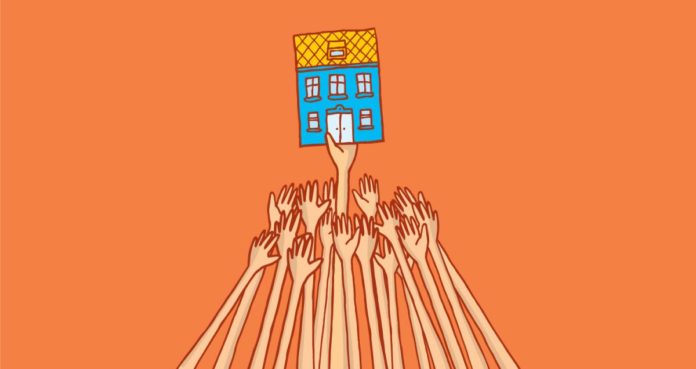What is the answer?
Last year the Boston Inspectional Service Department (ISD) proposed that several Boston neighborhoods take part in the Additional Dwelling Unit (ADU) pilot program. The program was ISD’s way to respond to all the high-end condos going up across the city. The City found that many buildings around Boston would be potential properties that could accommodate an additional unit without coming outside the building’s footprint. This means no additions, no raised roofs, no structural changes of any kind but the opportunity for owner occupied homeowners to expand their premises and consequently augment their income, so as to be able to remain in the neighborhood.
ISD said that the intention of the program is not to create high priced housing, but to allow for a homeowner to build an additional unit for parents to build an additional unit for a son or daughter and a way of trying to keep people in the neighborhood without changing the look or fabric of the neighborhood. The pilot program provided additional resources to support homeowners interested in building an ADU. An online toolkit supported homeowners with information about applying for a permit, identifying the cost of building a unit and explaining the type of ADUs allowed. The city also provides a zero-interest deferred equity loan up to $30,000 for eligible homeowners through the Boston Home Center.
Under the pilot program, an ADU shall be an allowed use where it may be otherwise conditional or forbidden provided that it is the addition of no more than one dwelling unit to the existing structure, and will be exempt from all provisions of the Boston Zoning Code, provided that the ADU does not involve any bump out, extension or construction to the existing envelope of the structure which results in the addition of Gross Floor Area. Mayor Martin Walsh supported the program saying ADUs will increase affordable housing options, create safer living arrangements and support multigenerational family arrangements and opportunities for aging in place, so homeowners can remain in their homes. ADUs provide an opportunity to use existing infrastructure to achieve the City’s housing goals.
Accessory Dwelling Units (aka ADUs, Additional Dwelling Units, granny flats, in-law-apartments) are small units within, attached to, or on the same property as a regular home. This is an old concept that is gaining ground throughout the country as a new way to increase affordable housing and allow homeowners to age in place. How does it work, though? What local zoning regulations need to change? How many new units are we talking about? What does it cost to build or renovate for an ADU?
These are questions that residents need to ask the BPDA. South Boston is not included in the Pilot Program, but, if this is an option then we should learn more. For details on how you may learn more contact:
Bryan Glascock at Bryan.Glascock@Boston.gov 617.918.4242












